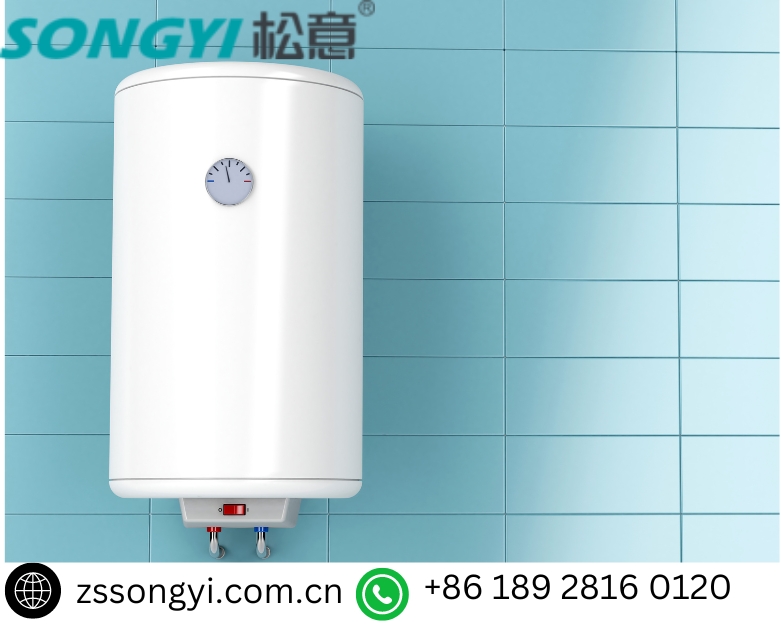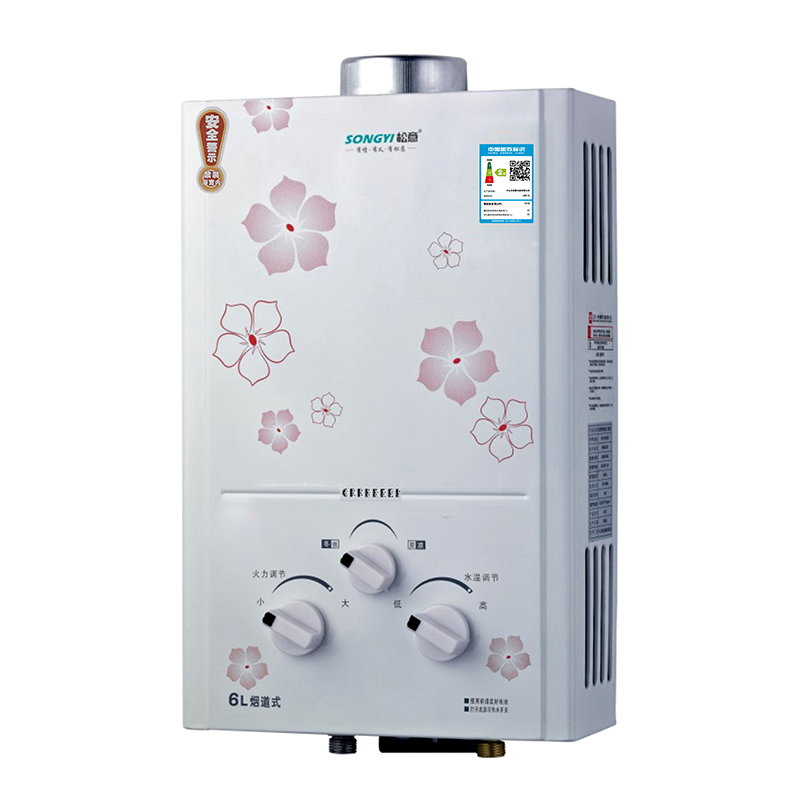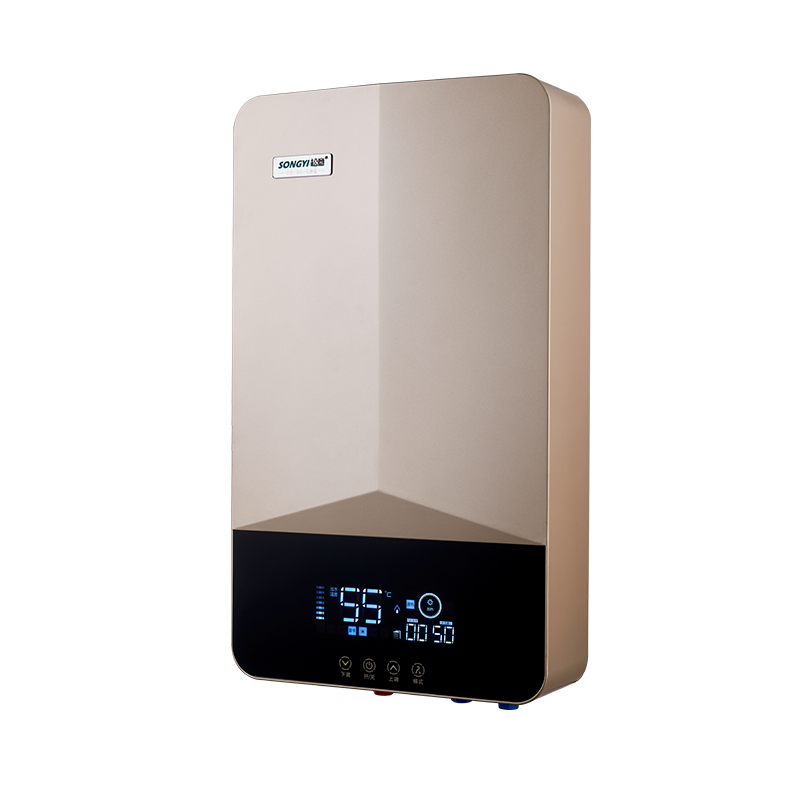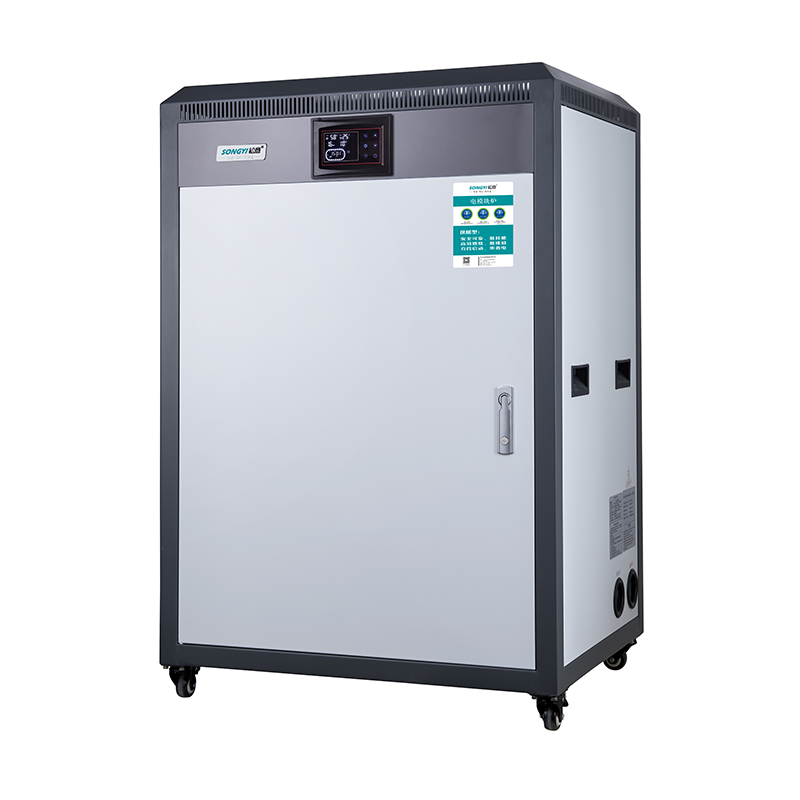Electric Water Heater VS Gas Water Heater: Which One is Right for You?
Choosing the right water heater is crucial for your household’s comfort and economic efficiency. Electric water heaters and gas water heaters are the two main options available on the market today. To help you find the most suitable one, we will compare them in detail across several aspects.
1. Heating Speed
-
Electric Water Heaters:
Electric water heaters come in storage and instant types. Storage water heaters require a certain preheating time, usually 30 minutes to 1 hour to heat a full tank. Instant water heaters can provide hot water within seconds, making them very suitable for situations where hot water is needed immediately.

-
Gas Water Heaters:
Gas water heaters typically heat up faster, delivering hot water almost immediately when you turn on the tap. This is very convenient for households with multiple members who frequently use hot water.

2. Energy Consumption and Cost
-
Electric Water Heaters:
These heaters use electricity to heat water, with an energy efficiency rate usually above 90%. However, in areas with high electricity prices, the long-term electricity costs can be high. Storage electric water heaters also incur extra costs due to heat preservation. The installation cost is relatively low, as it doesn’t require complex piping systems.
-
Gas Water Heaters:
Gas water heaters use natural gas or liquefied gas, with an energy efficiency rate usually around 85%. If local gas prices are low, the long-term cost of using a gas water heater can be more advantageous. Installation needs to consider gas piping layout and ventilation systems, so the installation cost may be higher.
3. Installation and Maintenance
Installation is relatively simple, requiring only connections to water pipes and power supply. Instant electric water heaters are even easier to install. Maintenance mainly involves regular cleaning of the heating element and tank to prevent scale buildup and ensure heating efficiency.
-
Gas Water Heaters
Installation requires professional handling to ensure the safety of gas pipes and ventilation systems. Maintenance is more complex, involving regular checks for gas leaks and cleaning of the burner. Ensuring clear exhaust pipes is also crucial to prevent carbon monoxide poisoning.
4. Safety
-
Electric Water Heaters:
Modern electric water heaters are typically equipped with leakage protection and overheat protection devices, making them quite safe. However, attention is still needed to ensure the safety of electrical circuits and sockets, avoiding hazards from aging wires or short circuits.
-
Gas Water Heaters:
Gas water heaters require special attention to prevent gas leaks and carbon monoxide poisoning. Proper ventilation must be ensured during installation, and gas leak and carbon monoxide detectors should be installed. Modern gas water heaters usually come with an automatic flameout protection device, enhancing safety.
5. Lifespan
-
Electric Water Heaters:
Typically have a lifespan of 10-15 years. Regular maintenance and cleaning, such as descaling the tank and heating element, can extend their lifespan.
-
Gas Water Heaters:
Also have a lifespan of about 10-15 years. Maintenance involves regular inspection and replacement of the burner, ensuring the safety of gas pipes and exhaust systems.
6. Environmental Impact
-
Electric Water Heaters:
The environmental impact depends on the electricity source. If the electricity comes from renewable sources, electric water heaters are environmentally friendly. However, if it mainly comes from fossil fuels, the carbon emissions from using electric water heaters could be high.
-
Gas Water Heaters:
Gas water heaters use natural or liquefied gas, which produces carbon dioxide during combustion but is relatively efficient, leading to lower overall emissions. Natural gas is cleaner compared to coal and other fossil fuels.
7. Convenience
-
Electric Water Heaters:
Modern electric water heaters usually come with smart control systems that allow remote control of temperature and switch via smartphone apps. Instant electric water heaters can also provide constant temperature water, avoiding sudden temperature changes.
-
Gas Water Heaters:
The temperature control systems of gas water heaters are continuously improving, with many models now capable of constant temperature control. Additionally, some high-end gas water heaters come with remote control and timed heating functions, enhancing user convenience.
Choosing between an electric water heater and a gas water heater depends mainly on your specific needs and household conditions:
-
Electric Water Heaters:
Suitable for users who prioritize simple installation, easy maintenance, and are less sensitive to electricity costs. Instant electric water heaters are especially ideal for small households or situations with low hot water usage.
-
Gas Water Heaters:
Suitable for users who need fast heating, have many household members, and frequently use hot water. If your home already has a well-established gas piping and ventilation system, a gas water heater is a good choice.
Regardless of which type of water heater you choose, it’s important to weigh your needs and actual conditions. We hope this detailed comparison helps you make an informed decision, making your household hot water supply more efficient, convenient, and safe.





